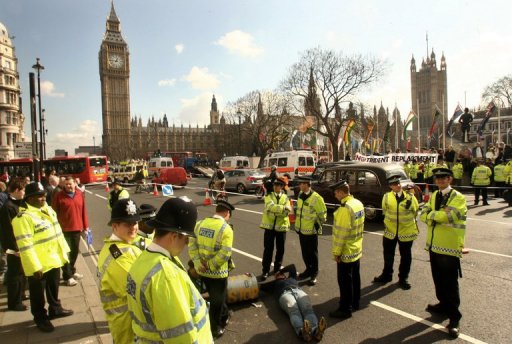Israeli forces conducted intensive bombings in the Palestinian city of Rafah, located in the southern part of the Gaza Strip, targeting areas near the land crossing into Egypt. This escalation occurred even as there were expectations of a ceasefire announcement in Gaza, which has been under conflict for 214 days following Hamas’ agreement to a ceasefire proposal.
On Tuesday, the Israeli military took control of the Palestinian side of the Rafah crossing at the border with Egypt and hoisted the Israeli flag there.
Egypt has voiced strong condemnation of the Israeli military operations in Rafah and the takeover of the Palestinian side of the Rafah border crossing. The Egyptian government emphasized that these Israeli actions represent a significant escalation that threatens the lives of over a million Palestinians reliant on this crossing.
In an official statement, Cairo urged Israel to show maximum restraint and cautioned against any actions that could lead to severe repercussions.
Despite earlier commitments to send a delegation for negotiations to Cairo, the Israeli government found Hamas’ response inadequate compared to its demands. Consequently, the Israeli war council resolved to persist with the Rafah operation, citing it as a means to apply military pressure on Hamas.
According to the Israeli newspaper Yedioth Ahronoth, an Israeli delegation, including members from Mossad, Shin Bet, and the military, arrived in Cairo to discuss a new prisoner exchange agreement following Hamas’ acceptance of the Qatari-Egyptian draft proposal.
Hamas has labelled the Israeli incursion at the Rafah border crossing with Egypt as a grave escalation against a civilian installation, which is safeguarded by international law. They argue that this act aims to worsen the humanitarian crisis in Gaza by sealing off the area and obstructing the delivery of emergency aid.
Concurrently, the Ministry of Health in Gaza’s Coordination Department confirmed the cessation of operations at the Rafah crossing due to Israeli control, leading to the restriction of movement for the injured and ill seeking treatment outside Gaza.
The health administration highlighted the dire conditions faced by patients and the injured in Gaza’s hospitals since the war’s outset, exacerbated by the scarcity of essential medical supplies, and equipment, and the overall collapse of the healthcare system.
The closure of the Rafah crossing has also halted the entry of medical supply trucks, necessary fuel for hospital operations, and the departure of thousands of wounded and ill individuals awaiting travel.
In a separate development, the Al-Qassam Brigades’ military spokesperson, Abu Ubaida, announced the death of a 70-year-old Israeli detainee due to severe injuries sustained in a bombing a month prior. The detainee’s death was attributed to the lack of medical care following the destruction and incapacitation of hospitals in Gaza.
Additionally, the Al-Qassam Brigades reported targeting an Israeli Merkava tank with an Al-Yassin 105 shell, resulting in a fire, and engaging in combat with soldiers stationed in a nearby building in Rafah’s Al-Shoka neighbourhood. They also attacked Israeli troop concentrations at the Kerem Shalom military site with the 114 mm short-range “Rajoum” missile system.
Moreover, the Al-Aqsa Martyrs Brigades, affiliated with the Islamic Jihad Movement, claimed responsibility for bombarding Israeli forces at the Kerem Shalom military site with a volley of heavy-calibre mortar shells.


